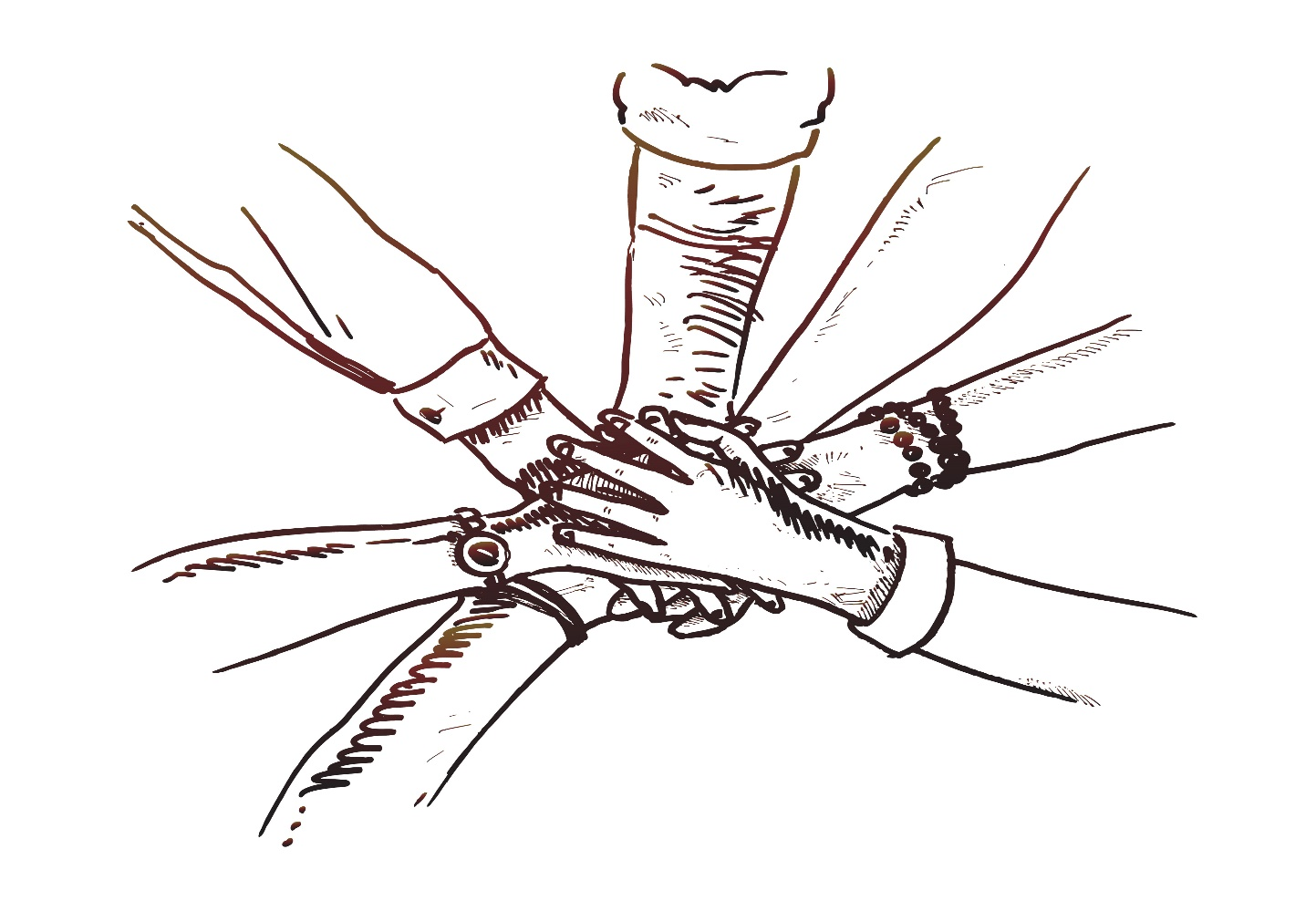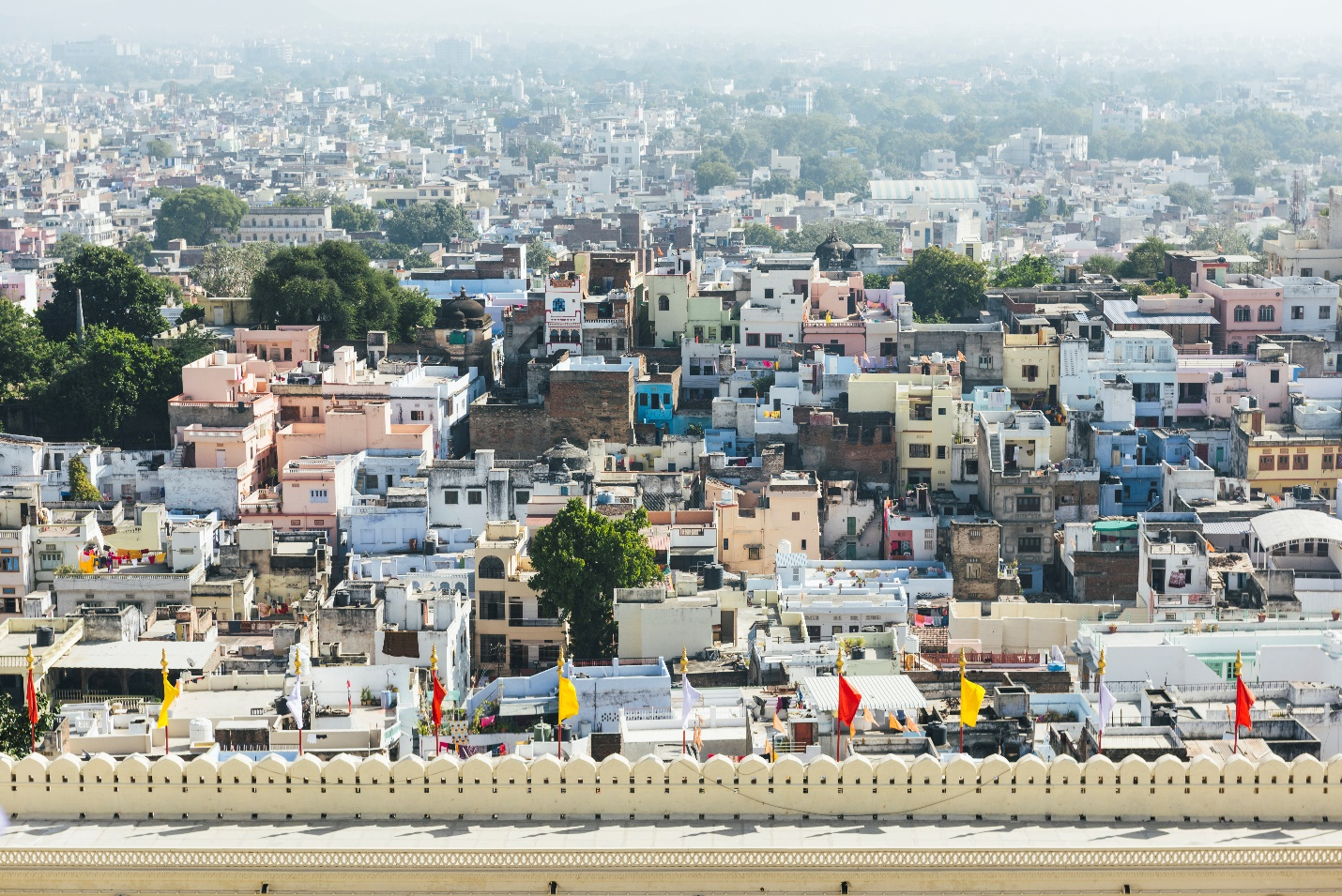India’s healthcare industry has expanded rapidly in both scale and scope, driven by rising public and private spending, wider coverage, and growing service delivery. The sector benefits from a large pool of highly qualified medical professionals, while also maintaining cost competitiveness. For instance, surgeries in India cost roughly a tenth of those in the US or Western Europe, making it an attractive global healthcare destination.
As of FY24, healthcare employed 7.5 million people, making it one of India’s largest employment-generating sectors. AI integration is expected to create nearly 3 million new jobs by 2028, further boosting the industry’s role in inclusive growth. By 2025, India will require 3 million additional hospital beds, 1.54 million doctors, and 2.4 million nurses to meet rising demand.
The sector is witnessing strong investment momentum. In Q1 2025, private equity and venture capital deals reached Rs. 22,279 crore (US$ 2.6 billion), while Q2 2025 saw investments worth Rs. 4,900 crore (US$ 572 million) across 33 deals. Mergers and acquisitions accounted for 57% of deal value in Q1 2025, highlighting the sector’s consolidation trend. Notable deals include Apollo Hospitals acquiring a 31% stake in Apollo Health and Lifestyle Ltd for Rs. 1,254 crore (US$ 146 million) and Apollo 24|7 merging with Keimed in a Rs. 2,475 crore (US$ 296 million) deal. In Q3 2025, Healthcare attracted Rs. 4,435 crore (US$ 500 million) in PE-VC investments.
Medical tourism is a fast-growing segment. Valued at US$ 7.69 billion in 2024, the market is projected to reach US$ 14.31 billion by FY29. Around 634,561 foreign tourists visited India for medical treatment in 2023, accounting for 6.87% of total arrivals. NRIs are also driving demand, with health insurance adoption among them rising 150% YoY in 2025.
Government support is central to growth. In Union Budget 2025-26, the outlay for PMJAY was raised to Rs. 9,406 crore (US$ 1.08 billion), a 28.8% increase over the previous year. By July 2025, over 41 crore Ayushman Cards were issued, enabling 9.84 crore hospital admissions worth over Rs. 1,40,000 crore (US$ 16.34 billion). Ayushman Bharat Digital Mission has created nearly 74 crore health accounts, linked 49 crore health records, and onboarded over 5.6 lakh professionals.
India’s pharmaceutical sector is a global leader. Exports stood at Rs. 2,59,658 crore (US$ 30.38 billion) in FY25 and are projected to reach Rs. 30,76,500 crore (US$ 350 billion) by FY47. The India-UK Free Trade Agreement (July 2025) further boosts pharma exports with zero tariffs on nearly 99% of shipments to the UK. FDI inflows have been robust as well, with Rs. 2,10,940 crore (US$ 24.62 billion) entering drugs and pharmaceuticals between April 2000-June 2025, alongside Rs. 1,04,970 crore (US$ 12.25 billion) in hospitals and diagnostics.
India's seven standalone health insurance companies (SAHIs) have captured 41% market share of the non-life insurance sector as of April-December FY25, up from 30% in FY20, driven by superior product innovation and customer support. Standalone health insurers are projected to achieve 20-21% growth in FY26, outpacing general insurance growth of 13%, driven by retail expansion and enhanced agency networks.
India’s health-tech sector is projected to reach Rs. 4,43,500 crore (US$ 50 billion) by 2033, driven by AI and automation, supporting faster claim decisions and smarter underwriting.
The digital and MedTech segments are expanding quickly. The Indian digital health market, valued at Rs. 75,658 crore (US$ 8.79 billion) in 2024, is projected to grow to Rs. 4,11,275 crore (US$ 47.80 billion) by 2033 at a CAGR of 17.67%. The medical devices sector is also expected to reach Rs. 4,34,350 crore (US$ 50 billion) by FY31, supported by start-up innovation, demand for quality healthcare, and supportive policies.
Research and education are gaining traction. Tata Group has partnered with IISc to set up the Tata IISc Medical School with Rs. 500 crore (US$ 57.6 million). Apollo Hospitals and the University of Leicester have launched the Centre for Digital Health and Precision Medicine in Andhra Pradesh. IIT Delhi and AIIMS introduced a joint postgraduate diploma in healthcare product development to foster innovation.
AYUSH is being integrated into global systems. The Ministry of AYUSH has developed the International Cooperation Scheme, signing 25 country-level MoUs, 52 institute-to-institute MoUs, and 15 AYUSH Chair MoUs. WHO and the Ministry have also developed standardised terminology documents for Ayurveda, Unani, and Siddha, ensuring global recognition. Budgetary allocation for AYUSH was raised to Rs. 3,992 crore (US$ 465 million) in FY26.
Policy measures are improving access and affordability. Under GST 2.0, taxes on most medical devices and consumables have been reduced to 5% from 12-18%. States like Uttar Pradesh are introducing automatic medicine dispensing machines to improve last-mile access. Defence services launched the SeHAT OPD portal for telemedicine, while the Health Ministry rolled out U-WIN to digitise vaccination records nationwide.
Healthcare innovation is another growth pillar. Innovaccer raised Rs. 2,356 crore (US$ 275 million) in January 2025 to expand AI and cloud-based health solutions. Metropolis Healthcare partnered with Roche Diagnostics to launch self-sampling HPV DNA tests for cervical cancer. DNA Wellness announced Rs. 200 crore (US$ 23.98 million) investment to set up 100 cervical cancer labs by 2027. The Government has also approved a Rs. 64,000 crore (US$ 7.7 billion) project for 22 AI Institutes of Precision Medicine, positioning India at the forefront of personalised healthcare.
India’s healthcare sector is entering a transformative phase, blending innovation, technology, and inclusivity to redefine global standards of care. Strengthened by strong policy support, rising investments, digital health integration, and growing medical tourism, the industry is set to deliver accessible and affordable healthcare for all. With sustained focus on research, MedTech, and AI-driven solutions, India is well on its way to becoming a global leader in healthcare delivery, innovation, and medical excellence, contributing significantly to the nation’s journey towards a healthier, more resilient future.














